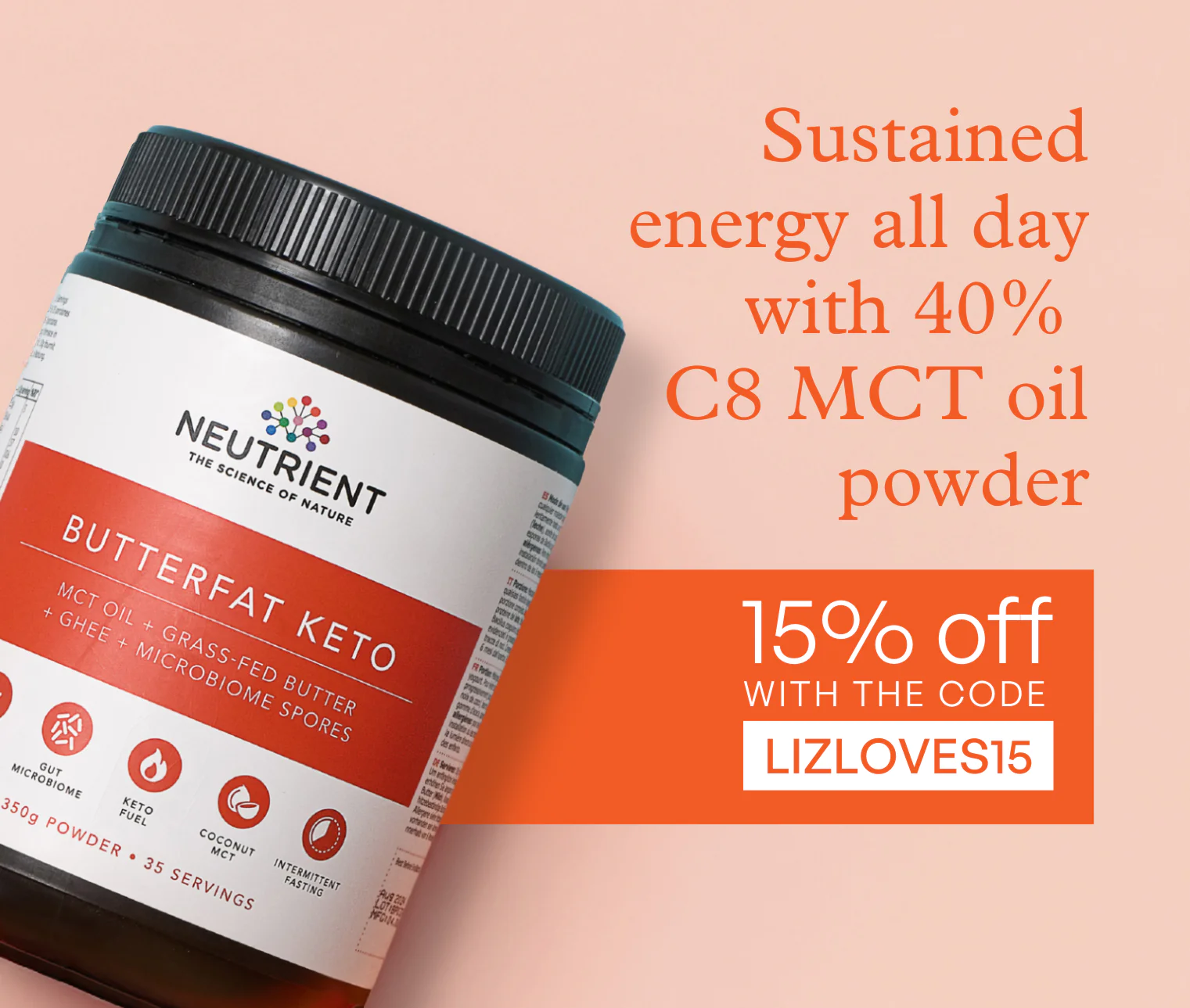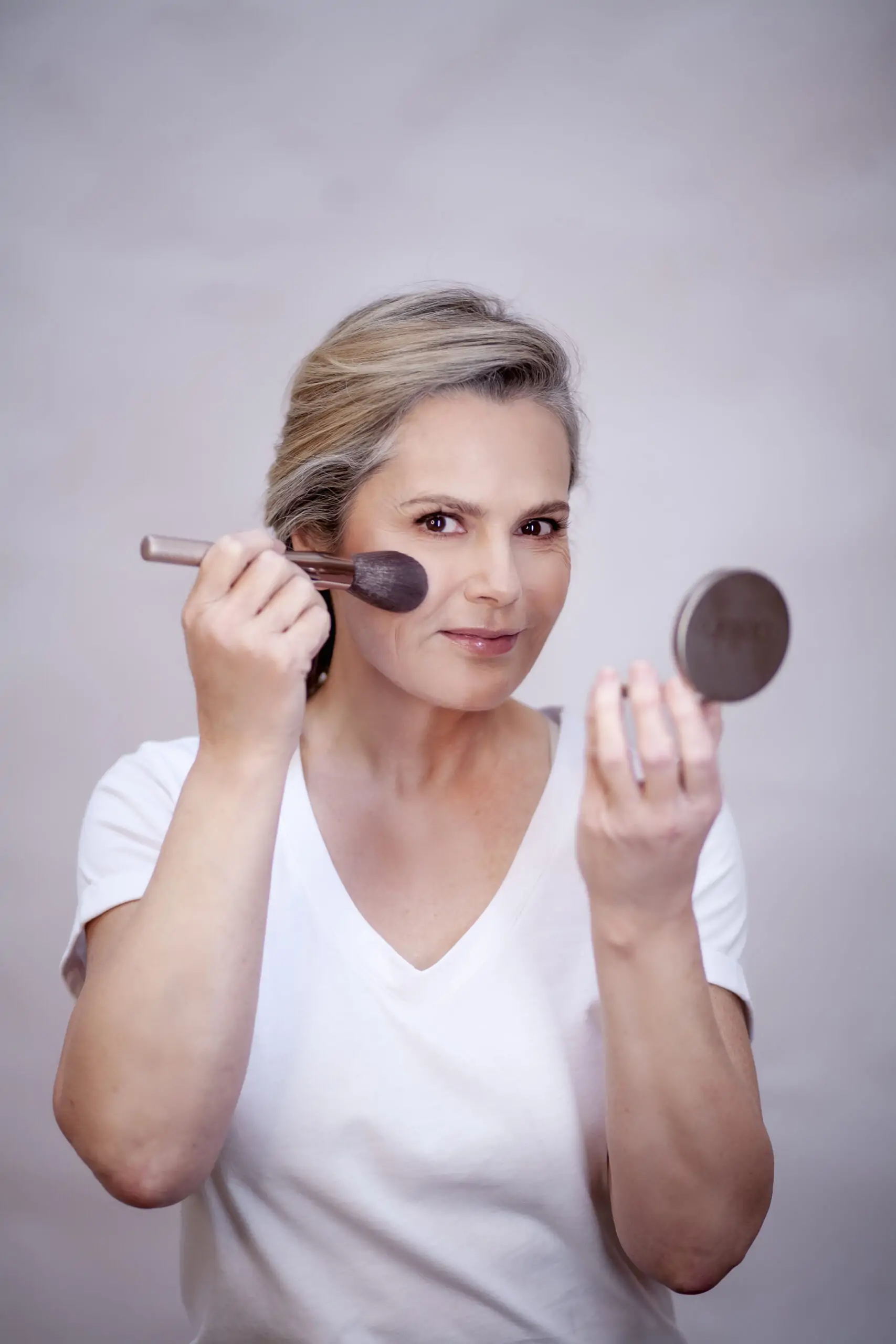The Menopause
Testosterone and menopause – what you need to know
Did you know that women produce three times more testosterone than estrogen? Far from a male hormone, we rely on it to keep our brains sharp and our bones strong – we even need it to achieve orgasm! Despite this, testosterone is notably absent from HRT during the menopause.
We take a closer look at how this missing piece of the hormone puzzle can improve the quality of life for thousands of women, and investigate why it can be tricky to secure a prescription here in the UK.
What is testosterone?
Though we traditionally associate it with men, testosterone is a hormone common to both sexes. We produce it in our ovaries and adrenal glands (these are near our kidneys).
Researchers say that testosterone levels decline in midlife and beyond. We don’t know whether the menopause triggers this or if it’s simply a side-effect of getting older. What we do know is that in some women, tumbling testosterone levels can result in debilitating and life-disrupting symptoms.
What does testosterone do?
As with our other essential sex hormones (estrogen and progesterone), testosterone isn’t limited to our sexual organs. It work in cells all over our body. We find testosterone receptors in the brain, muscles, heart, skin and bladder.
For this reason, declining levels of testosterone can produce a wide array of symptoms. This ranges from sexual response to heart health, cognitive performance to muscle strength. For example, we might notice we desire sex less often, and sex may not be as pleasurable as it used to be if our testosterone levels are low. We may also notice a reduced ability to concentrate, that we’ve become unusually forgetful, or that we’re battling brain fog.
Who can receive a testosterone prescription?
Women who undergo a surgical menopause (the removal of ovaries) are likely to receive a testosterone prescription. This is because ovaries are responsible for producing the majority of our testosterone. In their absence, levels will become low very quickly. Research shows that these women often experience severe symptoms as they are likely to be younger and because the drop is so sudden.
You may also receive a testosterone prescription if you’re already taking HRT but have persistent symptoms. We know that estrogen is the essential element of HRT: it helps with the majority of menopause ailments (from hot flushes to mood swings) while also protecting our bones against osteoporosis and our hearts against cardiovascular disease.
For some women, estrogen is enough to improve their quality of life and restore cognitive performance, energy and libido to normal without needing testosterone.
As with prescribing HRT, blood tests aren’t a reliable method for determining whether you need testosterone treatment. This is because our hormones fluctuate on a day-to-day basis. The International Menopause Society makes this clear in its report on the topic saying that: ‘There is no blood level to use as a cut-off to “diagnose” low testosterone in women.’
How is testosterone given?
In the NHS, a testosterone prescription is usually as a gel (Testogel). This absorbs through the skin when rubbed into the lower abdomen or inner thigh. The gel comes in a 50mg sachet but, as women only need a pea-size amount daily, each sachet should last for around 10 days.
At a private practice, you may receive a cream preparation called AndroFeme 1. Though testosterone formulas are usually only licensed for men, this cream has been prepared with women in mind, and is licensed in Western Australia. It contains almond oil so is not suitable for those with a nut allergy.
Implants are also available, but aren’t often prescribed in the UK. Similarly, tablet formulations are not recommended as they can have an unwanted effect on blood cholesterol level.
It’s important to remember that it can take a few months to notice the full effects of testosterone. A three- to six-month trial period is recommended.
What are the side-effects?
Testosterone is very safe. The risk of side-effects is very low if levels stay within the female range.
In the vast majority of cases women experience no side-effects whatsoever. Very occasionally, you may notice some increased hair growth where you’ve applied the cream or gel. You can avoid this by applying it elsewhere.
Similarly, no studies have shown any association between testosterone treatment and breast cancer. On the contrary, clinical trials show that testosterone can help to strengthen our bones and muscles. This keeps us fitter for longer and reduces our risk of falls and osteoporosis. There’s even evidence that testosterone is protective against dementia. A study in its infancy (two years) is showing promising signs that it might also reduce our risk of diabetes.
How to get a prescription
With its clear benefits for women’s health and wellbeing, it can be surprising to know that testosterone isn’t a routine prescription in the UK.
Part of the problem is the limited education doctors receive about menopause at medical school.
The other barrier is that we don’t currently have a licensed preparation for women in the UK. This doesn’t mean you can’t get a prescription. GPs regularly prescribe off-licence medication. The International Menopause Society recommends that ‘if a formulation for women is not available, a small amount of an approved male formulation can be used, with regular blood monitoring to check blood levels do not exceed those of young women’. This takes a skilled and confident GP and may put a less than up-to-date doctor off.
If we display the classic symptoms of low testosterone levels and wish to improve our quality of life, it’s important to be persistent and secure this potentially life-changing treatment, despite the challenges. The National Institute of Clinical Excellence produces the gold-standard guidelines for GPs. Its menopause report is clear that testosterone can be considered for those that need it. If you’re met with blank faces, print this report off and take it with you to your appointment. By ensuring GPs are up-to-date, we not only ensure we receive the best menopause care, but that other women in our local area can benefit from best practice, too.
Download Liz’s guide, The Truth about HRT
 Got questions about HRT? Liz’s bestselling e-book uncovers the truth about HRT. The aim of this guide is to give all women affected by menopause symptoms, as well as their medical advisors, the most up-to-date, relevant and helpful information on HRT to inform choices that significantly improve long-term health and wellbeing.
Got questions about HRT? Liz’s bestselling e-book uncovers the truth about HRT. The aim of this guide is to give all women affected by menopause symptoms, as well as their medical advisors, the most up-to-date, relevant and helpful information on HRT to inform choices that significantly improve long-term health and wellbeing.
Download The Truth about HRT for £4.99





